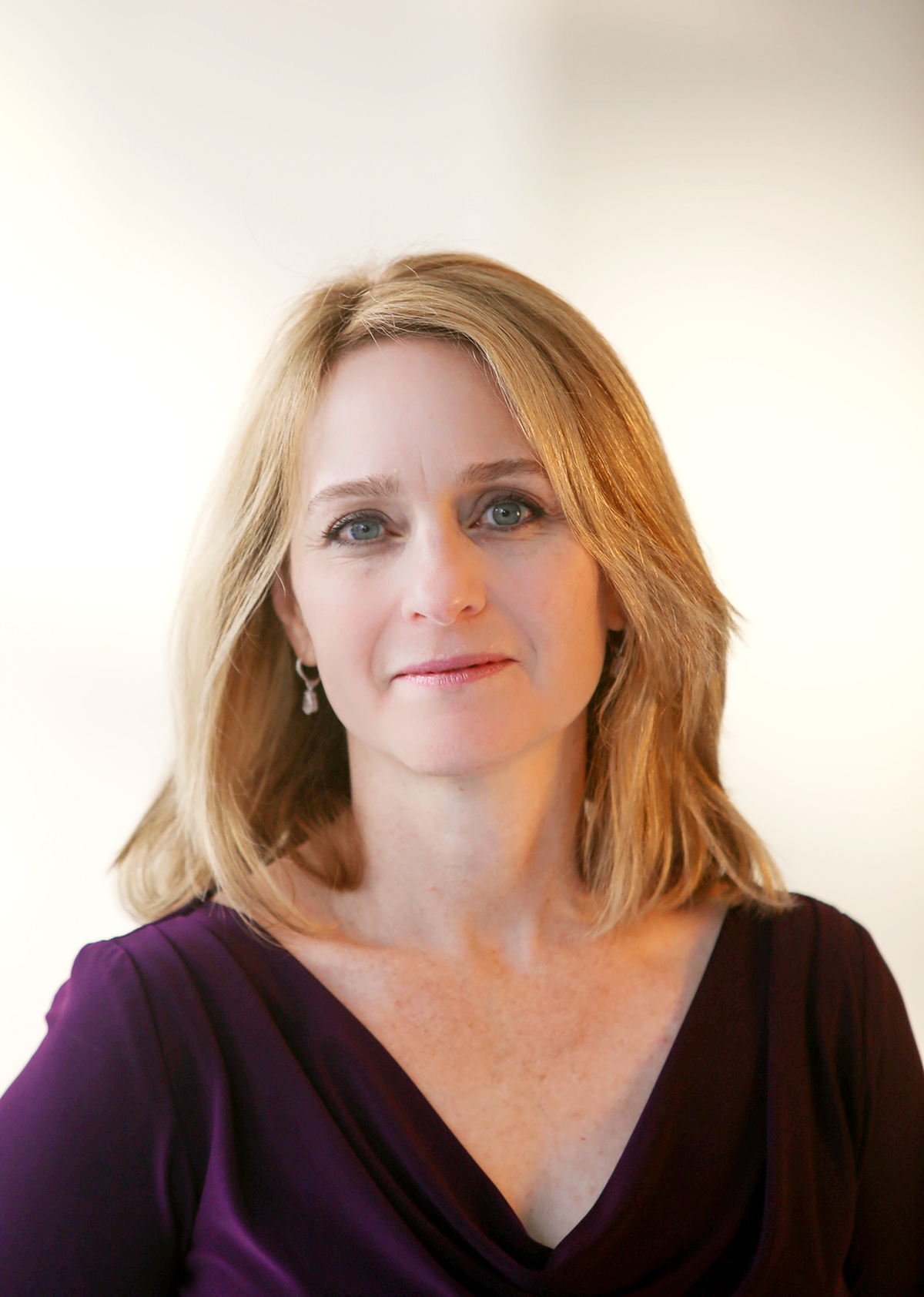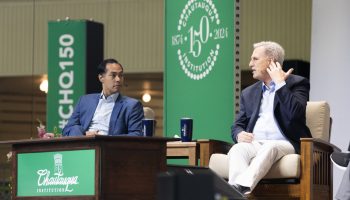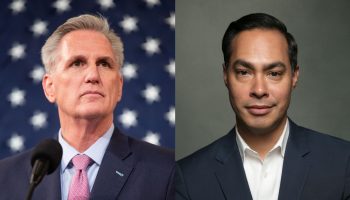Kathleen Hicks, who has been called one of the country’s leading intellects on defense policy, has always felt the need to help her country.
As senior vice president, Henry A. Kissinger Chair and director of the International Security Program at the Center for Strategic 1 and International Studies, Hicks has been able to guide the United States in one of its most challenging and critical policy arenas: defense. She will discuss how polarization at home affects the U.S. abroad during her lecture at 10:45 a.m. Monday in the Amphitheater as she kicks off Week Four’s theme, “Geopolitics Today: A Partnership with CSIS.”
“Americans should feel secure in their Constitution, which provides for checks and balances even on defense and security issues,” Hicks said.

Hicks has had extensive experience in national security strategy and U.S. foreign policy, beginning as a child in a military family. She said her family talked about world affairs around the dinner table every night, and she was inspired by her mother’s active community service work.
After studying political science and public administration in college, Hicks began working for the Department of Defense in 1993. She worked there until 2006 and then again between 2009 and 2013, serving in a variety of positions, primarily in creating policy and strategy. She helped develop multiple Quadrennial Defense Reviews and the 2012 Defense Strategic Guidance.
In 2012, Hicks was promoted to principal deputy undersecretary for policy, where she led the development and oversight of global and regional defense policy, strategy and operations.
Hicks said one of the major misconceptions people have about the military is that they don’t fully understand how many professional civilian officials have influence on, and provide oversight for, the military.
She has been able to add to this influence as an expert for CSIS, a defense and security policy think tank, since 2013, and recently testified in Congress in support of developing a new Authorization for Use of Military Force bill so that the legislature could reassess the capabilities of the White House.
Most Americans also do not realize that senior members of the military are not always supportive of using military force to solve problems, added Hicks, who was also a senior fellow at CSIS from 2006 to 2009.
“Only 1 percent of the American population serves in the military today. … It does mean that many Americans do not have routine contact with members of the military and their families, who share the burdens imposed by the conflicts we have endured over the past 16 years,” Hicks said.
In addition to this lack of public sympathy and understanding, Hicks said the 2012 Budget Control Act, agreed upon by Congress and former President Barack Obama, has lowered the budget for defense without lowering expectations. This has put additional strain on the military, Hicks said, and the defense community has not been very successful in innovating a solution for the problem.
This tension continues, as do the problems the United States faces abroad and at home, which Hicks said she will address in her lecture Monday, as well as what the U.S. will need to do in order to be successful in the years ahead. No matter what, it seems that Hicks is ready to give all her effort to keep the nation on the right track.
“Although I am not of the JFK generation, the idea of asking ‘What you can do for your country?’ was very motivating,” Hicks said.




